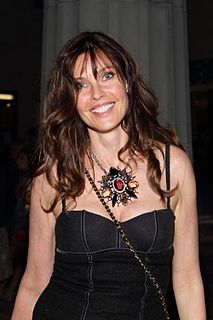A Quote by Claude Monet
I despise the opinion of the press and the so-called critics.
Related Quotes
To me, a critic is someone who gets paid for their opinion, and they're entitled to that opinion but I don't really put a lot of stock into their opinion. I'm going to cut the kind of records and the kind of songs that I like, and the kind of things that I enjoy doing. If critics dig it, that's fine, if they don't, that's fine.
I used to get great press. I get the worst press. I get such dishonest reporting with the media. I've never had anything like it before. It happened during the primaries, and I said, you know, when I won, I said, "Well the one thing good is now I'll get good press." And it got worse. So that was one thing that a little bit of a surprise to me. I thought the press would become better, and it actually, in my opinion, got more nasty.
You find very few critics who approach their job with a combination of information and enthusiasm and humility that makes for a good critic. But there is nothing wrong with critics as long as people don't pay any attention to them. I mean, nobody wants to put them out of a job and a good critic is not necessarily a dead critic. It's just that people take what a critic says as a fact rather than an opinion, and you have to know whether the opinion of the critic is informed or uninformed, intelligent of stupid -- but most people don't take the trouble.
It is a melancholy experience for a professional mathematician to find himself writing about mathematics. The function of a mathematician is to do something, to prove new theorems, to add to mathematics, and not to talk about what he or other mathematicians have done. Statesmen despise publicists, painters despise art-critics, and physiologists, physicists, or mathematicians have usually similar feelings: there is no scorn more profound, or on the whole more justifiable, than that of the men who make for the men who explain. Exposition, criticism, appreciation, is work for second-rate minds.








































